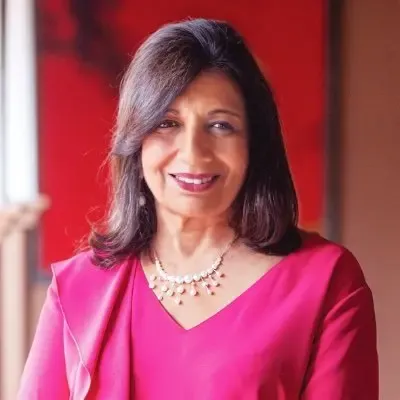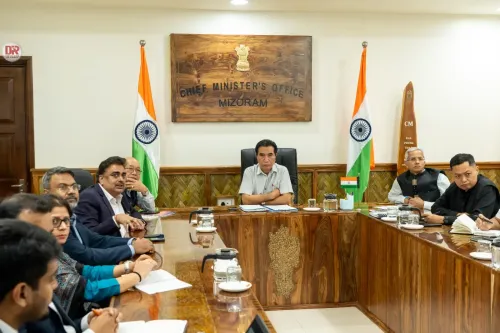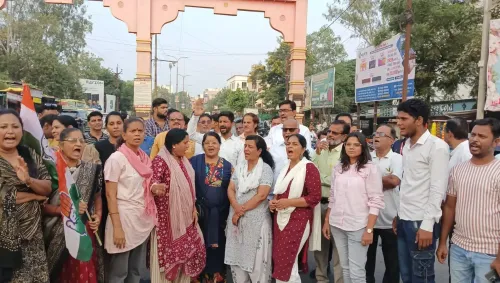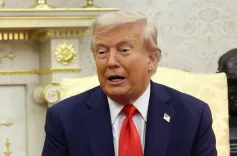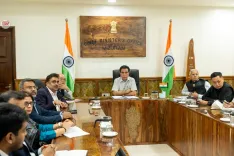Is India Becoming a Reliable Partner in the Global Value Chain?
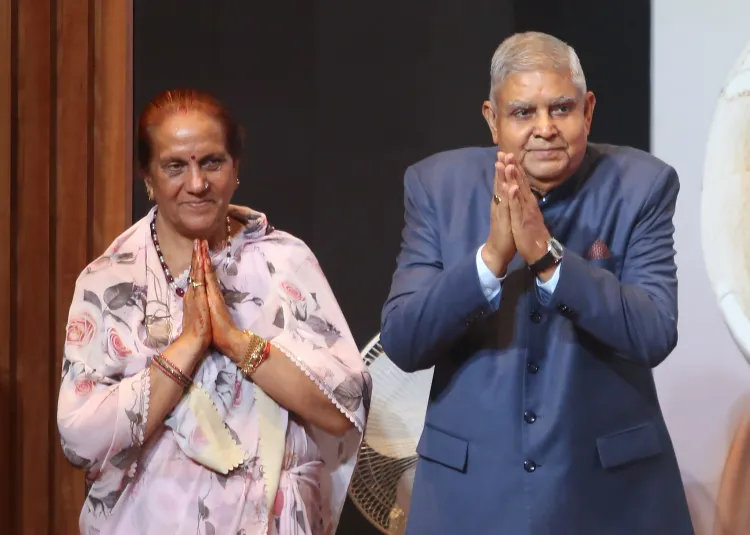
Synopsis
Key Takeaways
- India is emerging as a trusted economy.
- Focus on sustainable development is essential.
- Youth skilling is crucial for economic growth.
- Industry collaboration is necessary for innovation.
- Corporate responsibility in health and education is vital.
New Delhi, July 10 (NationPress) Vice-President Jagdeep Dhankhar stated that India is on a promising trajectory to emerge as a trusted economy, a reliable partner in the global value chain, and a stable anchor in a chaotic world.
Speaking at the CII-ITC sustainability awards event, the Vice-President remarked, “The world is currently facing significant turmoil and instability. Global dynamics are showing no signs of improvement, leading to disruptions in supply chains. In this challenging situation, Bharat stands out as a significant voice.”
Highlighting India's commitment to sustainable development, Dhankhar asserted, “With one-sixth of the world's population, we are the fourth-largest economy globally and champions of a development model that strives to integrate economic, ecological, and ethical dimensions. The global 2030 agenda for sustainable development hinges on India's active involvement. We embrace this responsibility with both clarity and conviction.”
He encouraged Indian industries to lead the charge in this green revolution by investing in renewable energy, green hydrogen, circular economy models, and carbon markets.
“We must view sustainability not merely as compliance but as a source of competitive edge. Once we confine it to compliance, the battle is lost,” Dhankar emphasized.
“The Government of India is shifting from a centralized approach to a comprehensive whole-of-society framework. Local governments, civil society, private sector entities, and communities are all essential components of this progress engine. However, this engine must operate on all cylinders for meaningful success,” he added.
Dhankhar also highlighted the need for industries to prioritize research and development while investing in local design.
Addressing the importance of skilling the youth, he noted that nearly two-thirds of India's population is under 35 years old.
“With a median age of 28, we are a decade younger than both China and the USA… It is crucial for corporates to channel this demographic dividend—our greatest asset—correctly, making youth skilling a fundamental focus,” he pointed out.
Dhankar acknowledged that while the government is implementing innovative measures, substantial transformation relies heavily on industry collaboration. He urged businesses to partner closely with academia, training institutions, and the government to develop future-ready educational programs.
The Vice President called on Indian corporations to expand their global footprint—not just in markets, but also in ideas, standards, and solutions. “Let us cultivate ‘Brand India’ on four pillars—quality, trust, innovation, and ancient wisdom reimagined for modern relevance,” he noted.
He also encouraged industry leaders to invest in health and education projects through their CSR initiatives.
“In the past, health and education sectors served as avenues for businesses to contribute to society. Today, there is a trend towards viewing these sectors as profitable ventures. The commercialization of these essential areas, which fundamentally exist to benefit society, is an aspect that corporate India must reflect upon,” Dhankar concluded.

